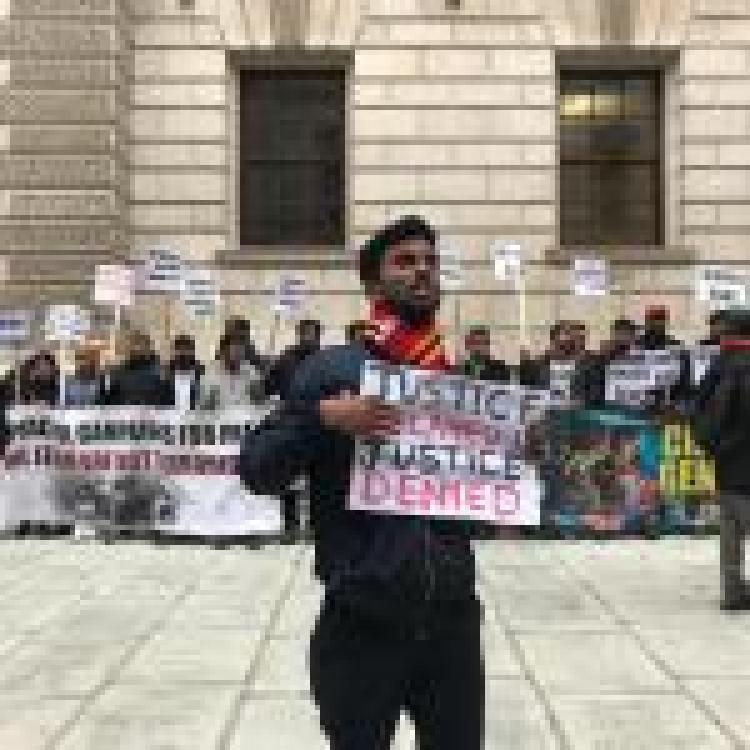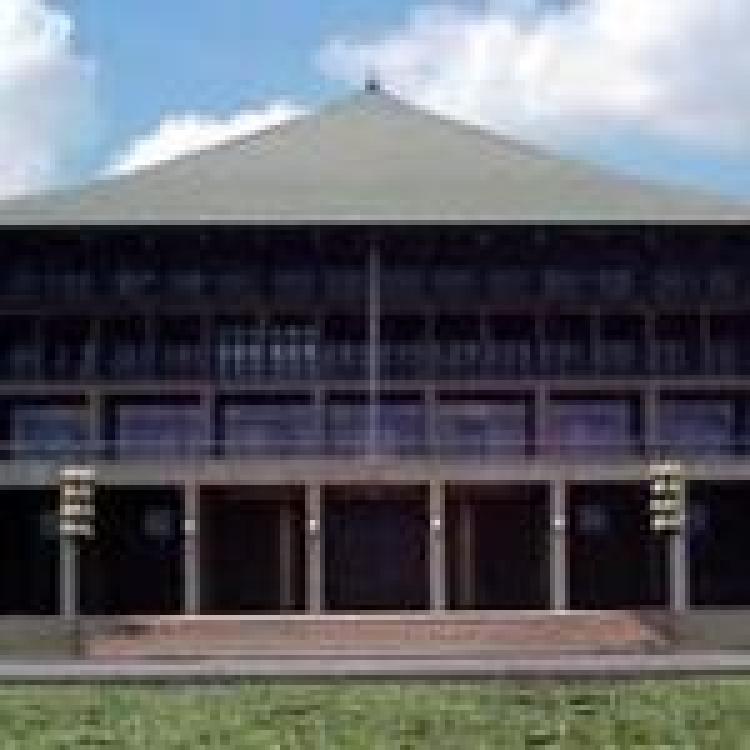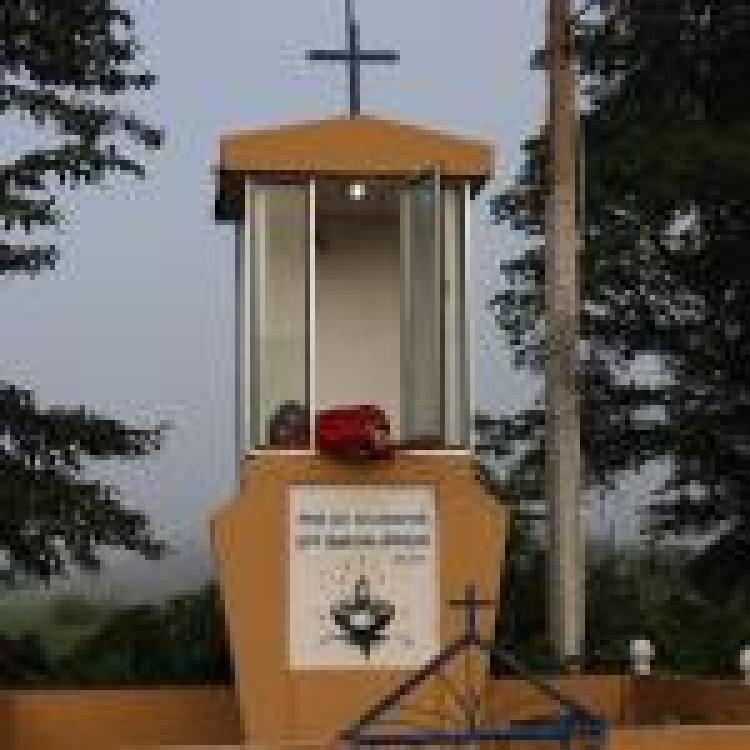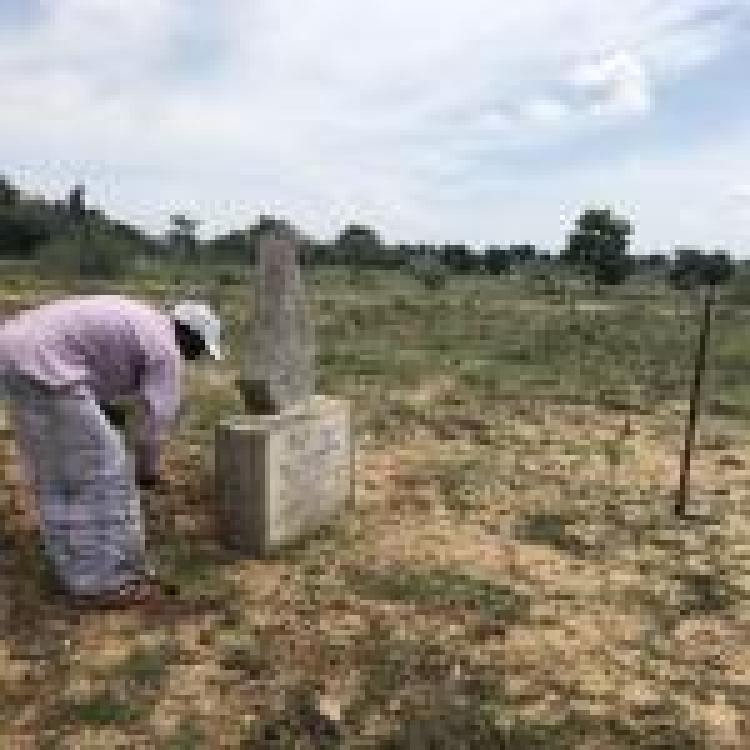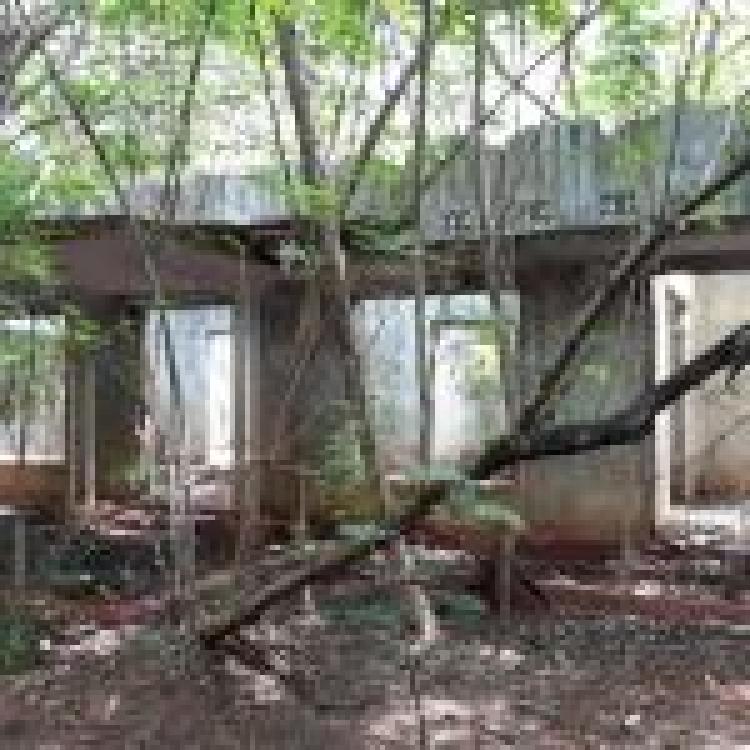Hill Country Development Minister Lakshman Kiriella has admitted that Sri Lanka’s biased education system with inaccurate historical accounts are being taught to propagate ethnic hatred.
In the minister’s statement, he claimed that ancient Sri Lankan kings were not nationalists and that Tamils and Muslims were “relatives” of the Sinhalese as opposed to foreign invaders.
“The Tamils and Muslims are our relatives. The Tamils came from India. We also came from India. We have to accept that. Some people are not willing to accept that”.
The minister further raised specific concerns over the centralised history syllabi claiming there was no "nationalist hatred" under the Kandyan kingdoms.
"We had this culture in our country," he claimed. "But this history is not taught in school. Most people only know the victory of 1956. We also know the 71 and 89 rebellions. That is what we know."
Critics such as Professor Rachel Seoighe and Professor Kate Cronin Furman have argued that post-war the state has taken an active role in crafting a hostile narrative the celebrates the defeat of terrorism whilst also silencing and “denying the suffering inflicted by the victors’ and ‘policing the memory of their victims”.
This is evident through the military’s land grabs; the establishments of war monuments and Buddhist shrines in opposition to the concerns of local communities.
Read more here.
Rachel Seoighe writes that this:
‘tourism celebrates the defeat of “terrorism”, erases the physical traces of Tamil nationalist ideology and secures the “oneness” of the Sri Lankan state. The process dispossesses the people, cuts off their livelihood resources, and also seals off areas where mass graves are suspected to exist.’
Furman further illustrates this through the destruction of Tamil graves;
‘there were 27 Thuyilum Illams (graveyards for fallen LTTE fighters) scattered throughout northeast Sri Lanka, massive complexes with hundreds of graves each. They’ve all been destroyed’. The Sri Lankan military has even constructed military bases on top of some of the grave sites. It is not only the destruction of graveyards, but the criminalisation of Maaveerar Naal (Heroes Day) – a day established by the Tamil community to commemorate the fallen fighters – as a ‘terrorist activity’.
Read more here, here and here.
Kiriella himself has previously made several controversial comments, earlier stating that a new constitution would do nothing to "the Unitary Status of the country and to Buddhism” and reassuring Sri Lanka's parliament that forign judges will not be allowed hear cases within a war crimes inquiry.

